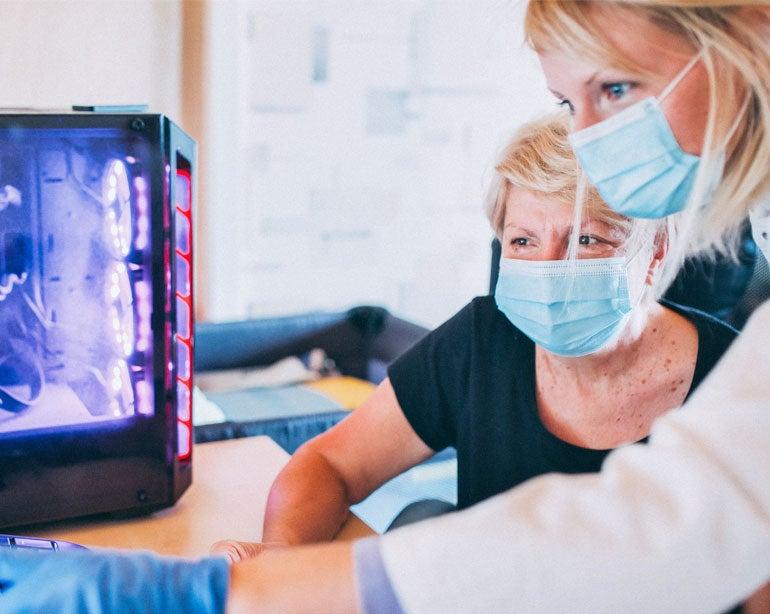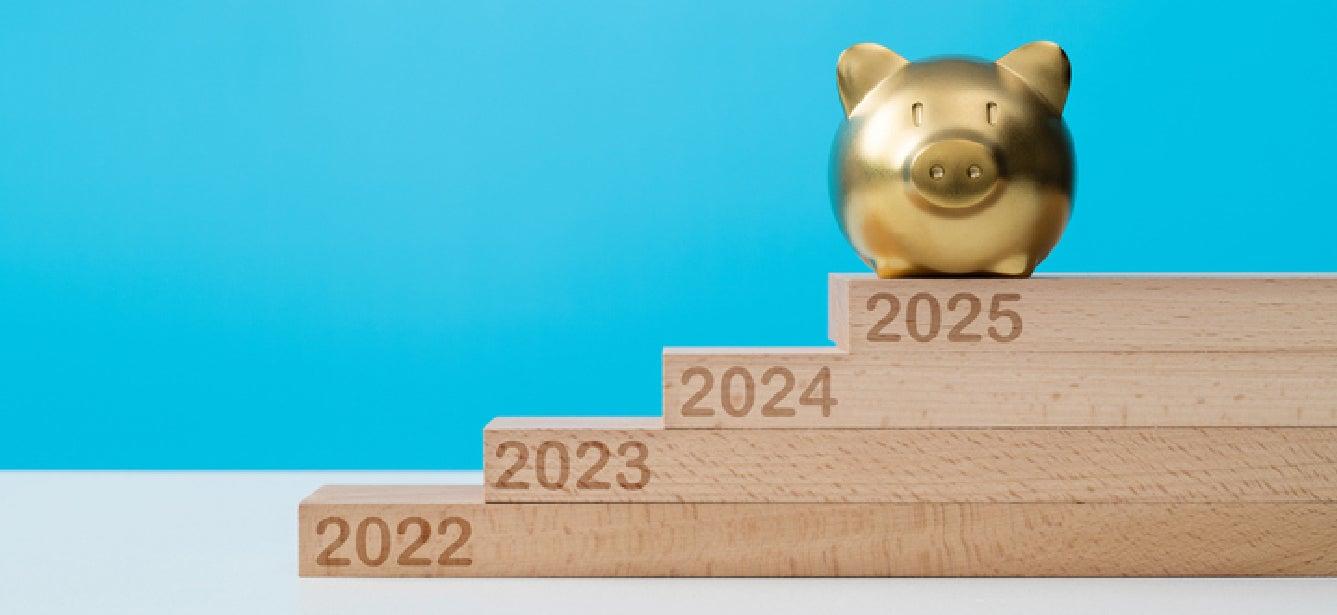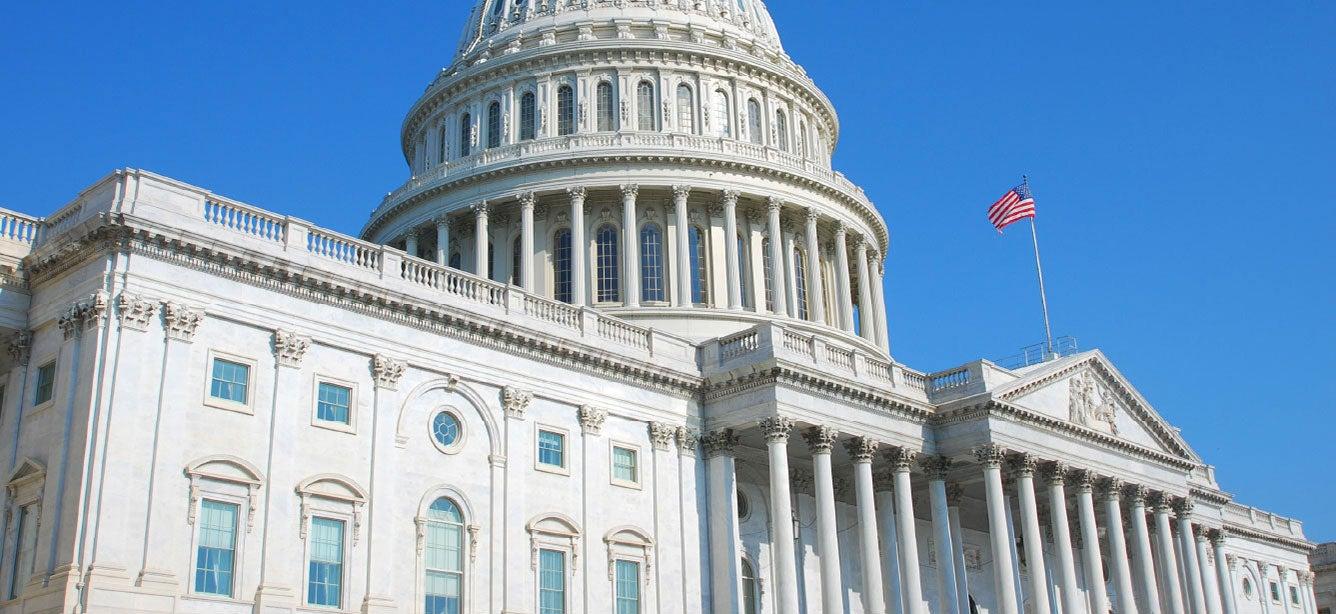Medicare Low-Income Programs
As the national leader on health care policy affecting older adults, NCOA focuses on improving eligibility for Medicare, funding for beneficiary outreach and enrollment, improving access to evidence-based interventions, and empowering beneficiaries to make better health coverage choices.

Your Voice Matters
Use NCOA's online advocacy forms to protect and strengthen the programs we all depend on as we age.
How to Advocate for Issues You Care About
Effective Advocacy at Home
Feb 14, 2025






